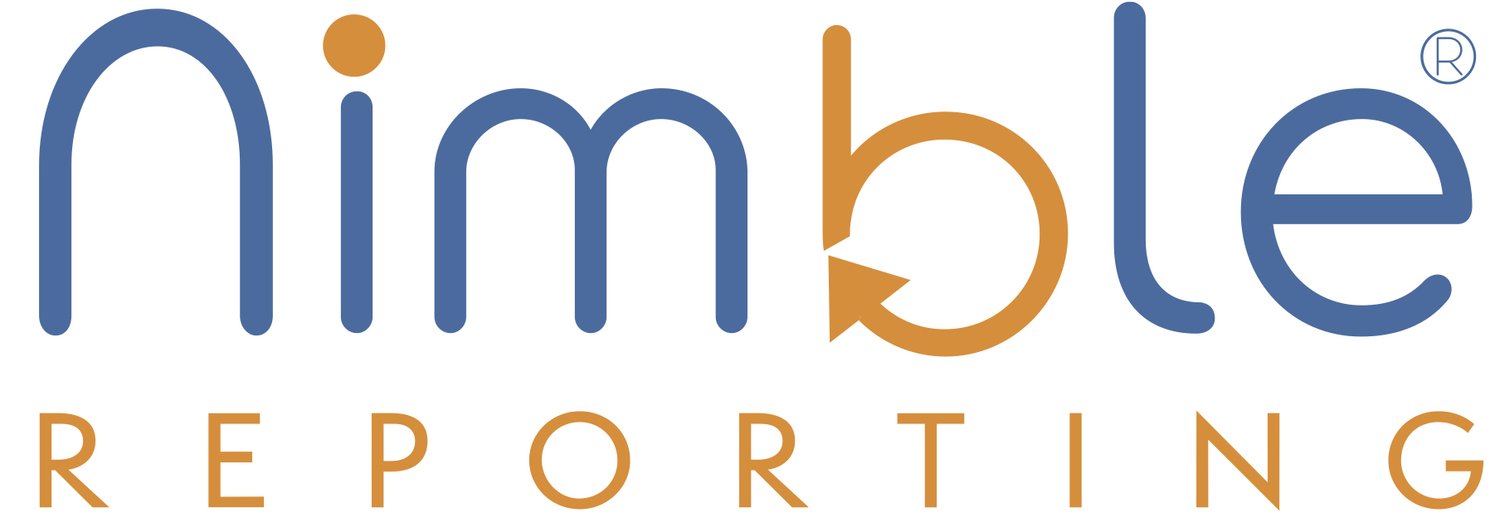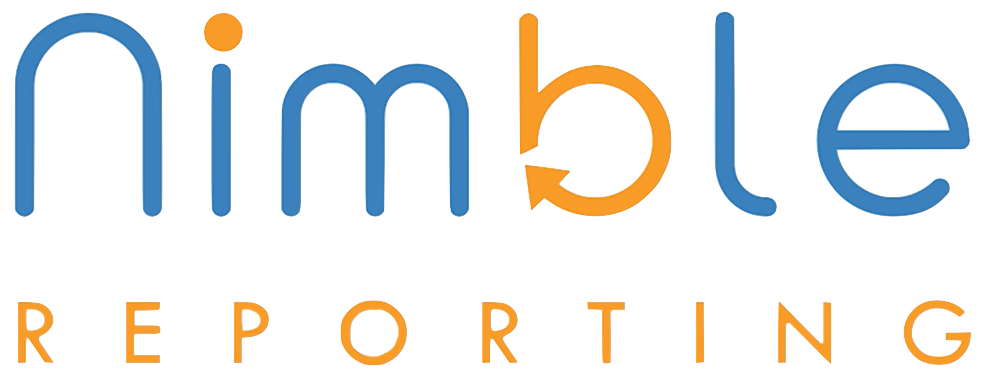Crafting an Effective Employee Experience Through HR and Payroll Solutions
If your people are the lifeblood of the organization they need to be treated as such. That being said, we are all people with our own needs, agendas, fears, etc. And in a collaborative environment that is quite a lot for HR to handle to insure that the employee experience is the highest quality possible. The administrative tasks that come with the job should not interfere with this effort and that’s where technology comes into play. To make these rote takes and processes as seamless as possible for both the department and the employees.
HR services and payroll procedures are quickly changing because of technological advancements and shifts in the workforce. In a society where effectiveness is crucial for success, organizations recognize the need to optimize their HR processes, which often include outsource HR functions, to maintain a competitive edge. This transformation involves more than just enhancing current tools. It is a thorough strategy to improve all aspects of the employee lifecycle, ensuring every interaction and procedure is smooth and encouraging. By streamlining HR procedures, businesses are reducing unnecessary paperwork and improving the level of employee satisfaction they provide, potentially affecting hiring, employee turnover, and the general work environment.
The Role of Technology in HR Transformation
Technology stands at the heart of HR transformation as an enabler and a catalyst for change. By providing innovative tools and solutions, technology allows companies to manage their workforce with newfound efficiency and precision. Automation and data analytics tools have become indispensable in HR management, facilitating informed decision-making and streamlined processes. Technology is reshaping HR practices, allowing businesses to adapt and thrive by leveraging data and machine learning to personalize employee interactions and optimize resources. This shift also empowers HR professionals to focus on strategic initiatives, such as diversity and inclusion or leadership development, rather than getting bogged down in administrative tasks.
Balancing Automation and Personalization
While automation is essential for improving efficiency and reducing operational costs, personalization remains critical to fostering employee engagement and satisfaction. Businesses must find the sweet spot where technology complements the human touch. Automating repetitive and mundane tasks liberates HR professionals to concentrate on strategic and personalized interactions with employees. This balance ensures employees feel valued, understood, and heard, which is crucial for building loyalty and motivation. The quest for personalization amidst the rise of automation is both a challenge and an opportunity for modern businesses, emphasizing the need for a nuanced approach that respects both the capabilities of technology and the human desire for personalized interaction.
Ensuring Compliance and Reducing Errors
Compliance is a critical concern for companies handling HR and payroll functions, especially given the diverse legal landscapes in which global businesses operate. With laws and regulations continually evolving, staying compliant is vital to avoid costly legal repercussions and maintain organizational integrity. Utilizing advanced HR solutions ensures accurate reporting and minimizes the likelihood of errors, safeguarding operations and the company’s reputation. Contemporary payroll systems come with compliance tracking capabilities that reduce the chance of mistakes made by humans and guarantee that regulations are followed in various locations. This offers employers peace of mind and fosters employee trust by ensuring their rights and compensations are managed accurately.
Enhancing Employee Satisfaction through Seamless Experiences
Creating seamless employee experiences boosts job satisfaction and reduces turnover rates. Efficient HR processes lead to better communication, less friction, and happier employees who are likelier to remain loyal to the company. Focusing on the employee experience directly contributes to a company’s success. Incorporating HR systems that naturally cater to employee needs, such as benefits enrollment and ongoing performance feedback, guarantees employees feel supported throughout their careers. This level of engagement boosts satisfaction and motivates employees to assist the company’s goals better.
Real-World Example: Successful HR Overhaul
Consider the case of a mid-sized company that recently underwent a comprehensive transformation of its HR functions by integrating modern payroll solutions. The initial aim was to tackle inefficiencies, eliminate manual errors, and ensure compliance with various labor laws. This overhaul resulted in numerous operational improvements, such as more accurate data management and enhanced compliance protocols, translating into higher employee satisfaction. The organization subsequently reported a noticeable decline in turnover rates and an increase in overall productivity. This example illustrates the significant positive impact that a thoughtfully implemented HR management system can have on an organization’s success, serving as a compelling case for companies considering similar transformations.
Future Trends in HR Outsourcing
The future of HR outsourcing looks more promising due to fast technological advancements and innovative breakthroughs. Specialists anticipate that artificial intelligence (AI) and machine learning will significantly impact reshaping HR duties. These cutting-edge technologies are poised to automate a wide range of processes, enhancing operational efficiency while ensuring greater accuracy in HR tasks. Moreover, they offer the potential for deep, data-driven insights into workforce dynamics, enabling organizations to make informed decisions.
As businesses embrace these technological advancements, HR departments will likely shift towards becoming strategic partners that closely collaborate with other key areas of the organization. This transformation could lead to remarkable developments, such as the seamless integration of digital platforms designed for employee onboarding and professional development. Furthermore, AI-powered engagement strategies tailored to individual employee preferences may foster a more personalized and fulfilling workplace experience. Additionally, enhanced predictive analytics could empower HR teams to anticipate workforce needs proactively, facilitating more innovative workforce planning and contributing to overall business success.
Conclusion and Key Considerations
In conclusion, modern HR and payroll solutions offer numerous advantages, from enhanced employee satisfaction to ensuring compliance and operational efficiency. As companies aim to stay ahead, embracing these solutions and maintaining a balance between technological advancement and personalization is crucial. Each organization should carefully assess its unique needs and challenges when implementing or revamping HR processes. This tailored, strategic approach ensures they are effectively positioned for future success in an ever-evolving business landscape. Companies that excel in integrating these solutions are likely to cultivate richer workplace environments, foster employee loyalty, and drive business growth through an empowered and engaged workforce.


